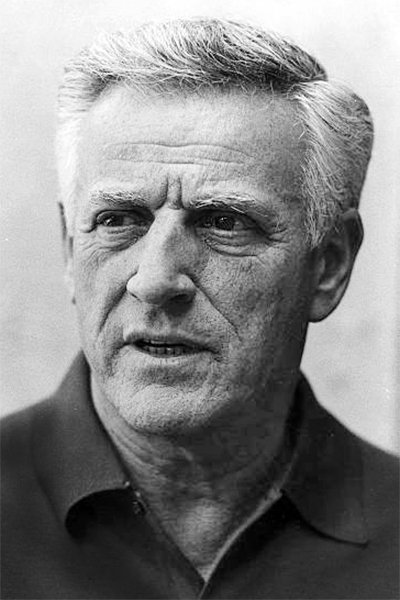
Documentary about Stanley Kramer, included on the 40th anniversary edition of Guess Who's Coming to Dinner.

A follow-up of A LOVE STORY OF TODAY, where actors and crew discuss GUESS WHO'S COMING TO DINNER.
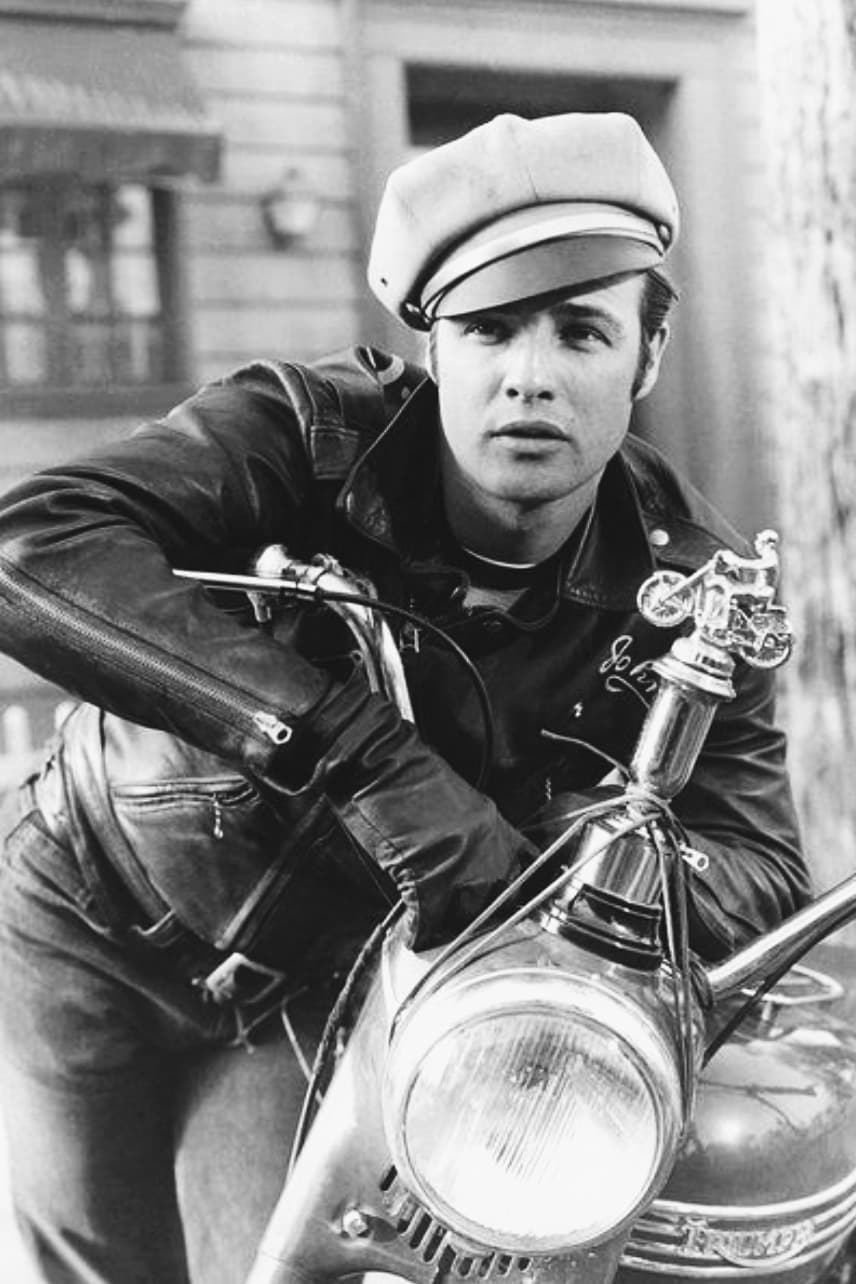
A short retroperspective feature on Brando's influence on acting itself and the cultural impact of his role in "The Wild One".
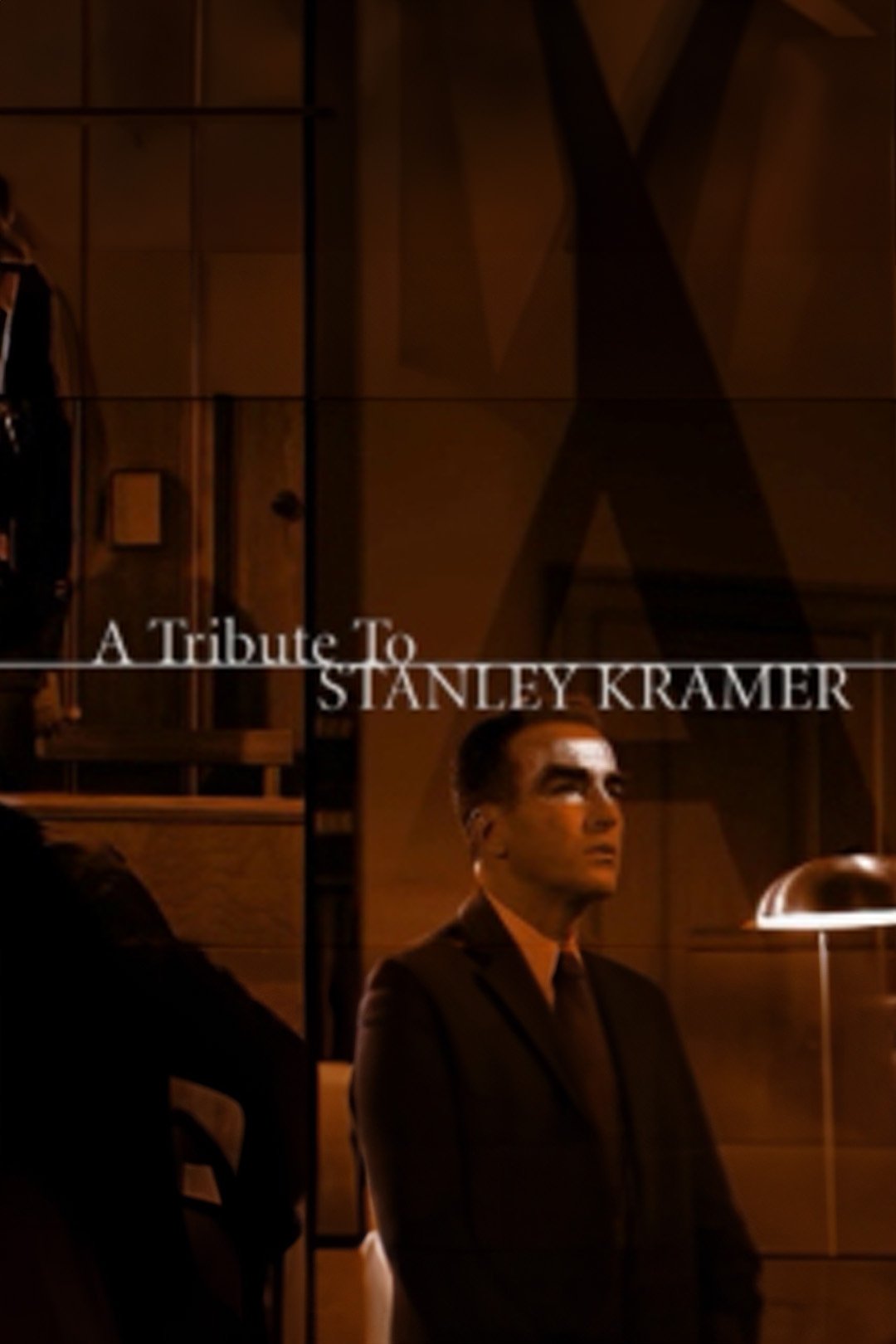
A celebration of Stanley Kramer's life and career, featuring interviews with Karen Sharpe, his widow, and screenwriter Abby Mann.
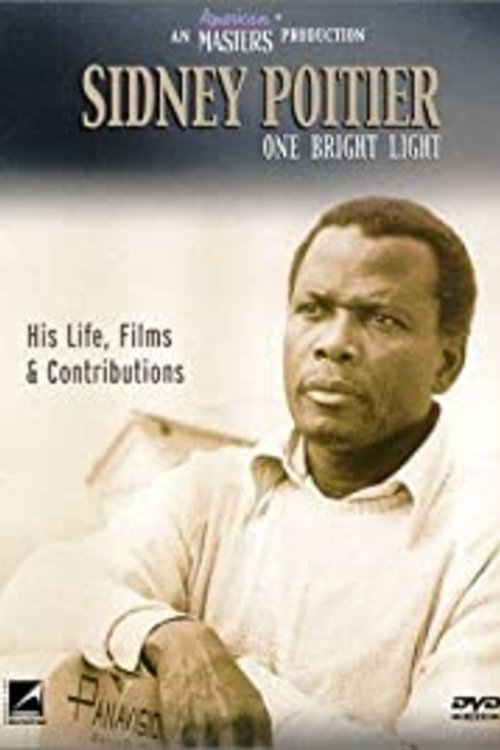
Actor/director Sidney Poitier discusses his life and career. He tells of his upbringing in Jamaica; the difficulties he encountered in New York City at the start of his career; his involvement in the US civil-rights movement; and efforts to end apartheid in South Africa. Friends and acquaintances, as well as other performers, give their insights about what makes him so special.
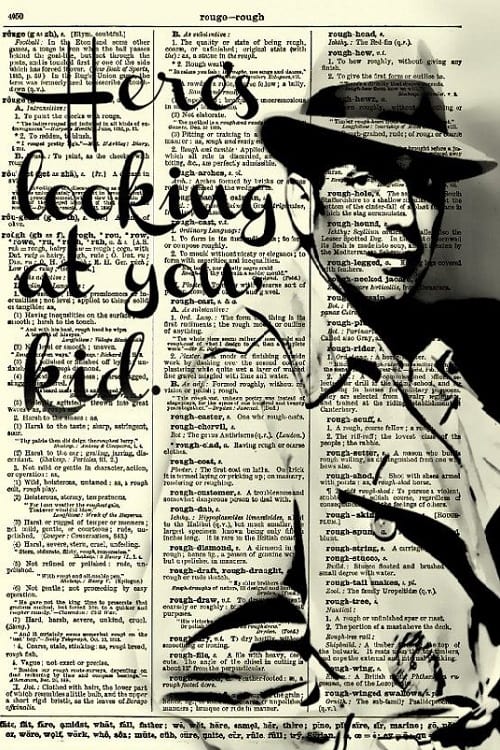
This documentary, originally presented on the television series The South Bank Show, covers actor Humphrey Bogart's life and career, including archival footage and interviews with Lauren Bacall and his son Stephen Bogart.
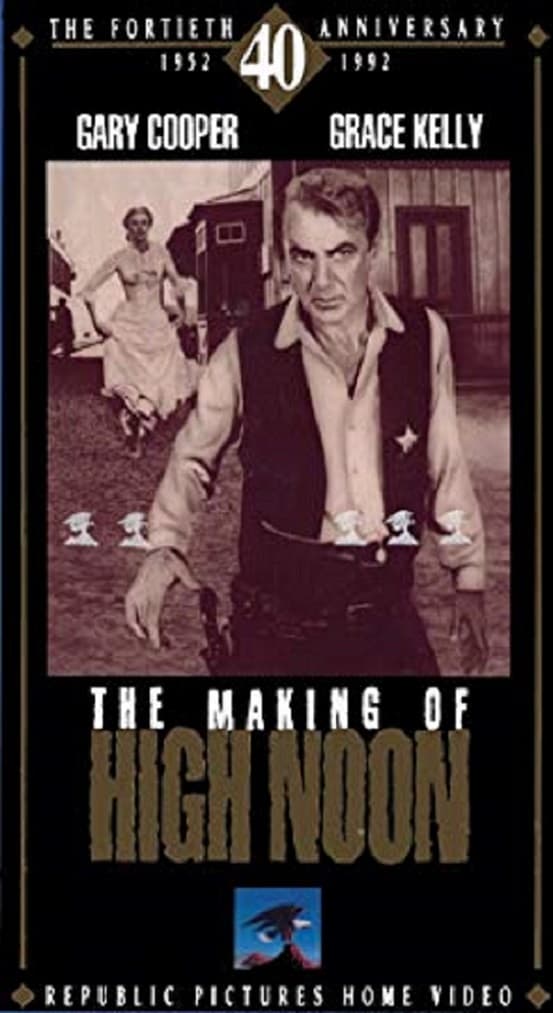
Documentary about High Noon featuring Fred Zinnemann and Stanley Kramer.
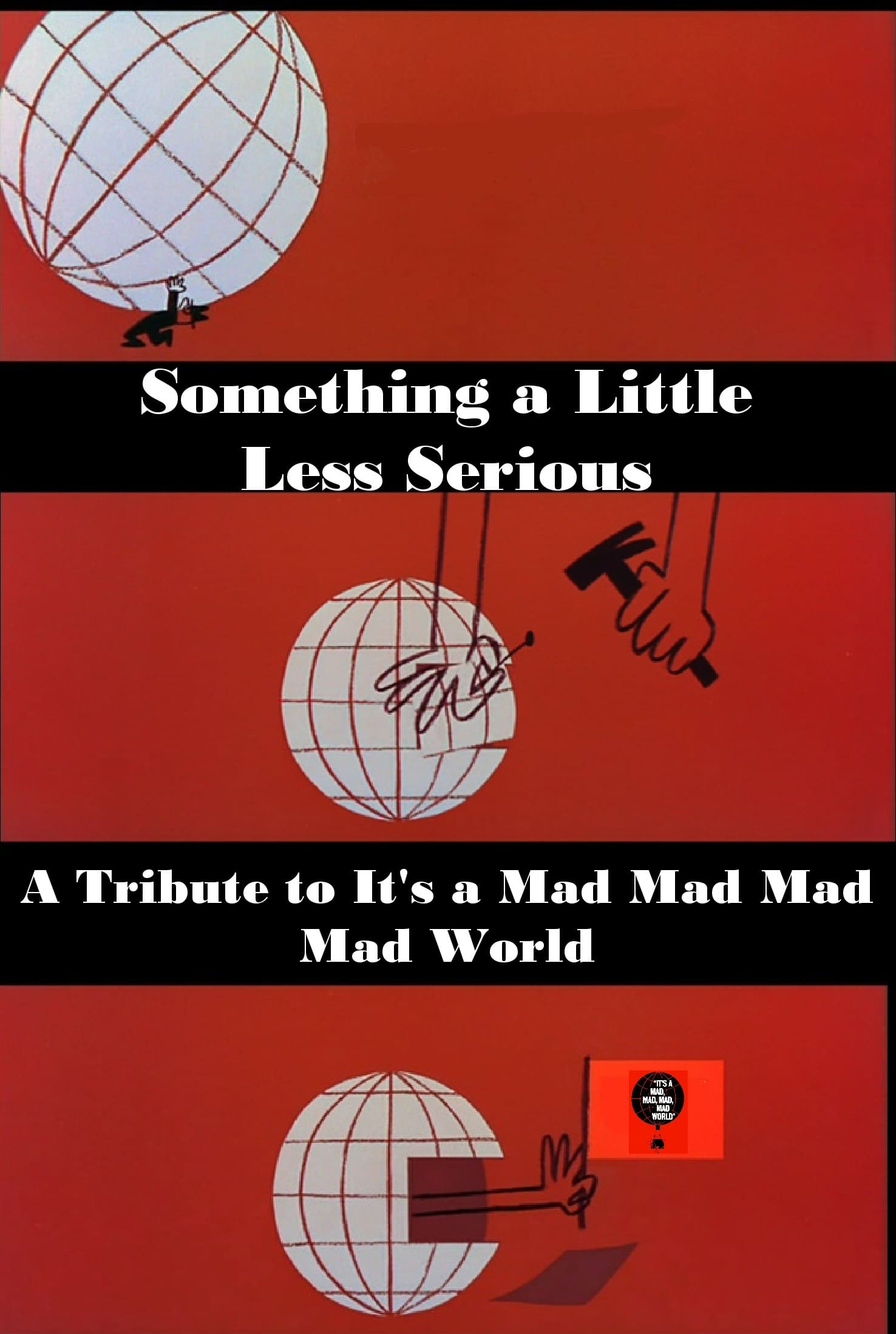
A star-studded documentary and tribute to the classic comedy, It's a Mad Mad Mad Mad World.
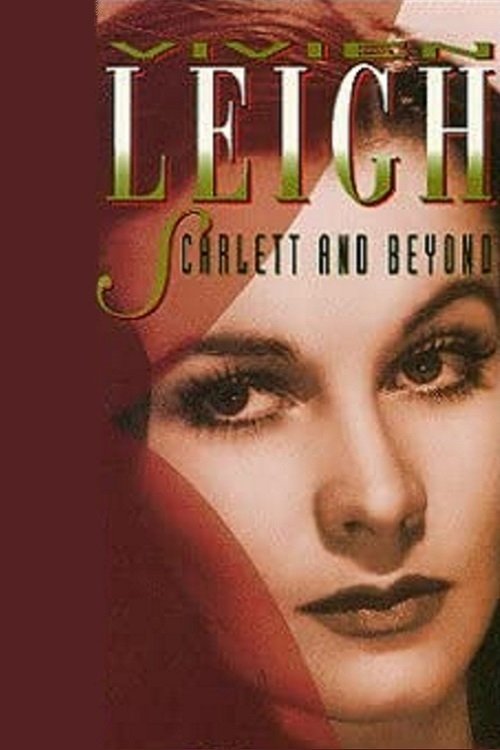
The life and career of two-time Oscar winner Vivien Leigh, who battled tuberculosis and manic-depression but always remained a star.
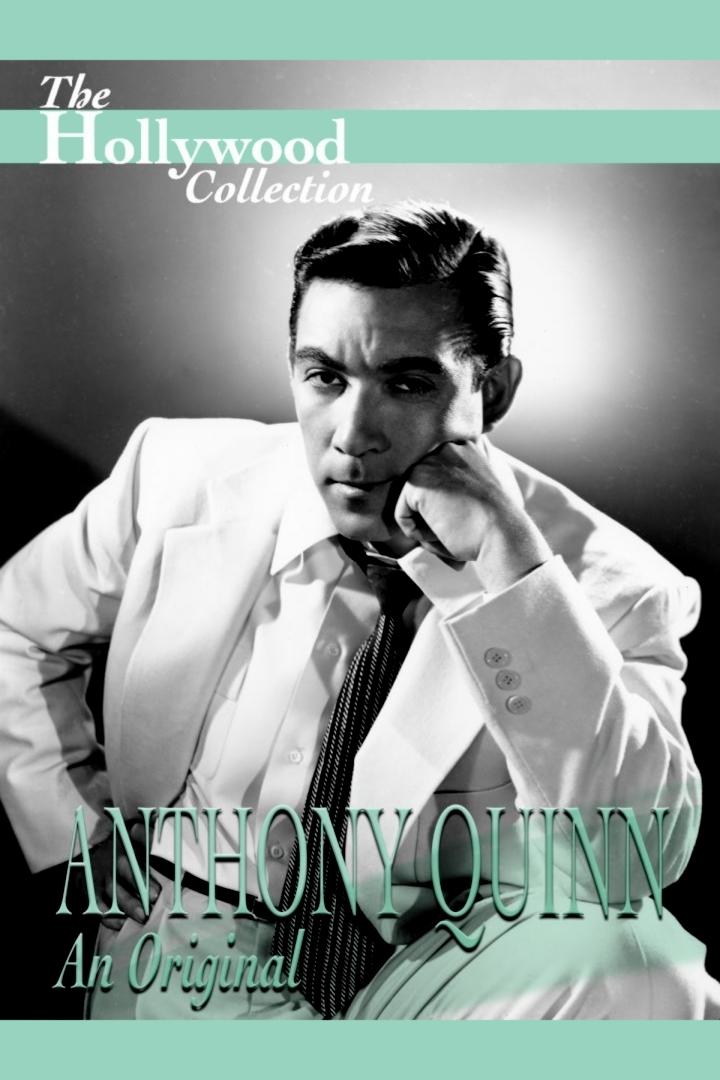
Born in Mexico, Anthony Quinn became the family's main provider when his father died in an accident. Thus began the story of a man who had a thousand jobs before acting in a Cecil B. DeMille film…
Stanley Earl Kramer (September 29, 1913 – February 19, 2001) was an American film director and producer responsible for some of Hollywood's most famous "message" movies. His notable films include The Defiant Ones (1958), On the Beach (1959), Inherit the Wind (1960), Judgment at Nuremberg (1961), It's a Mad, Mad, Mad, Mad World (1963), Ship of Fools (1965) and Guess Who's Coming to Dinner (1967). His work was recognized with the Irving G. Thalberg Memorial Award in 1961, and over the course of his career he received nine Academy Award nominations. Director Steven Spielberg once described him as "one of our great filmmakers, not just for the art and passion he put on screen, but for the impact he has made on the conscience of the world." Film critic David Thomson described Kramer as a "hero of the 1950s" and an "enterprising producer," but also wrote of his later films that "commercialism, of the most crass and confusing kind, has devitalised all [of] his projects". Description above from the Wikipedia article Stanley Kramer, licensed under CC-BY-SA, full list of contributors on Wikipedia.
By browsing this website, you accept our cookies policy.